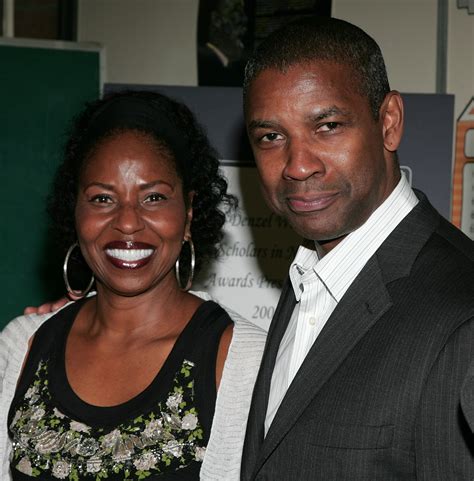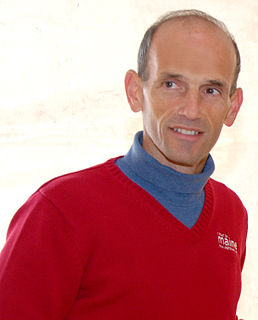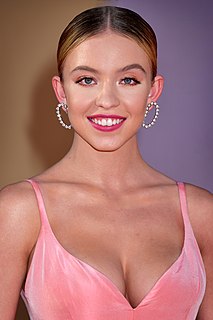A Quote by Marcia Fudge
Ethnic sensitivity both on-camera and behind it demonstrates a corporate understanding of the benefits of diversity and a genuine respect for the audiences' needs.
Related Quotes
Katherine Johnson never complained, it just was what it was. She just said, "I just wanted to go to work and do my numbers." And she stopped right there. I think about that as a Black woman in Hollywood when I'm asked about diversity. I hate when people say diversity because the first thing you jump to is Black and white. When you talk about diversity, you're talking about women being hired in front of and behind the camera. You are talking about people with disabilities, the LGBTQ community...so I hate when people think about diversity.
I think there's a huge parallel that affects my musical taste, and connections that have to do with my ethnic diversity and my musical tastes and the diversity of that. And it's interesting that, growing up on the circuit, it posed such a challenge, not only to me deciding what my identity was amongst my peers, but then on the music side, it was like trying to explain or convince people especially in the music industry that there was a place for what I was trying to do. But at the same time, I think it has a lot to do with timing and even me, like, understanding it.
I definitely have some colleagues that I respect, and we get together from time to time. But I actually have just like genuine friends. Paul Thomas Anderson is a genuine friend. Robert Rodriguez is a genuine friend. Rick Richard Linklater is a genuine friend. Eli Roth is a genuine friend. And so is Edgar Wright.

































